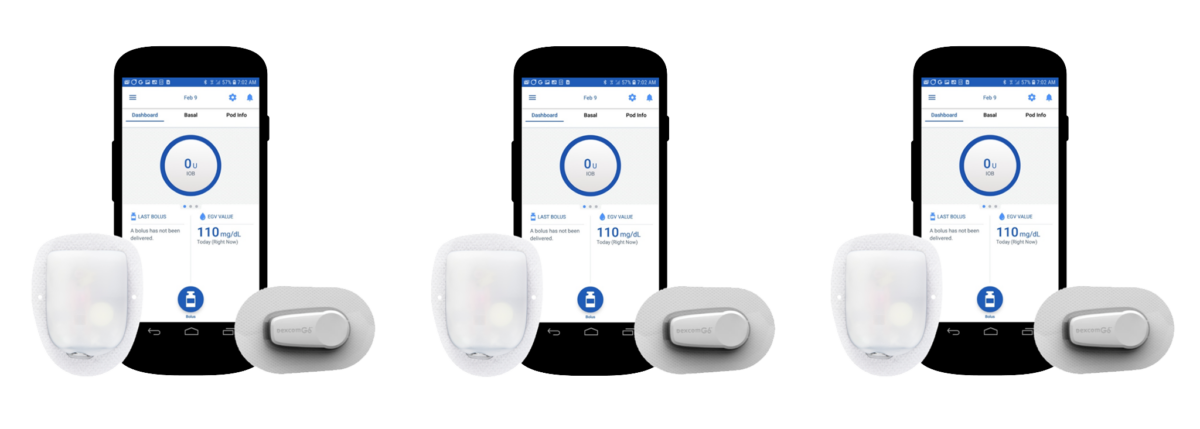RISE Clinical Trial: Slowing the Progression of Type 2 Diabetes
Written by: T'ara Smith
2 minute read
June 10, 2019
The RISE clinical trial revealed the function of beta-cell function in adults with type 2 diabetes or with impaired glucose tolerance (IGT).
The RISE Clinical trial revealed surprising results about the progression of type 2 diabetes (T2D), particularly beta-cell function, in adults compared to the youth. This is a summary of the results which were presented at the American Diabetes Association’s 79th Scientific Sessions in San Francisco. For our breaking news coverage of the conference, click here.
Name of Study: Restoring Insulin Secretion (RISE) presented results for Adult Medication Study.
Goal of Study: The objective of this 12-month study is to determine whether medication or surgical intervention strategies can delay or prevent beta-cell dysfunction in adults and youth with prediabetes or recently diagnosed T2D. In other words, it will determine if there’s a possibility to slow loss of beta function and if the participants could maintain their progress three months after the trial.
Methods: The study was a randomized trial consisting of 267 adults with impaired glucose tolerance (IGT) and adults who were recently diagnosed with type 2 diabetes. 197 of the participants had IGT, while the remaining 70 had type 2 diabetes. All were randomly assigned to receive one of four treatment regimens:
- 12 months of only taking metformin
- three months of insulin glargine with a target fasting glucose of 4.7-5.5 mmol/L85-100 mg/dL followed by nine months of metformin
- 12 months of liraglutide combined with metformin
- 12 months of placebo
Study Results:
The RISE Clinical Trial results showed the patients in any treatment group weren’t able to sustain beta cell function. Though beta-cell function improved during treatment, there weren’t any lasting benefits post-trial.
The results from this study were compared to youth from the RISE Pediatric Study with the same glucose tolerance abnormalities and thus highlight similarities and differences in the pathogenesis of the disease in the two age groups, as well as the response to interventions aimed at preserving beta-cell function.
The patients in the youth study received two of the same treatments as the adults—the glargine + metformin and metformin alone. When compared to the adult study, the results from the pediatric trial showed beta-cell function deteriorated during and after treatment. The implications call for more research on the aggressiveness of type 2 diabetes progression in youth.
This article is part of Beyond Type 2’s ADA 2019 coverage. For full ADA 2019 coverage, click here.

Author
T'ara Smith
T’ara was diagnosed with type 2 diabetes in July 2017 at the age of 25. Since her diagnosis, she focused her academic studies and career on diabetes awareness and living a full life with it. She’s excited to have joined the Beyond Type 1 team to continue her work. Two years later, T'ara discovered she'd been misdiagnosed with type 2 and actually has latent autoimmune diabetes in adults (LADA). Outside the office, T’ara enjoys going to the movies, visiting parks with her dog, listening to BTS and cooking awesome healthy meals. T’ara holds an MS in Nutrition Education from American University.
Related Resources

Already compatible with Dexcom’s G6 and G7 continuous glucose monitors (CGMs), the Omnipod 5 Automated...
Read more

The younger a person is diagnosed with type 2 diabetes, especially those with obesity, the...
Read more

The Oura Ring, which tracks things like sleep, heart rate, and activity, is joining forces...
Read more

